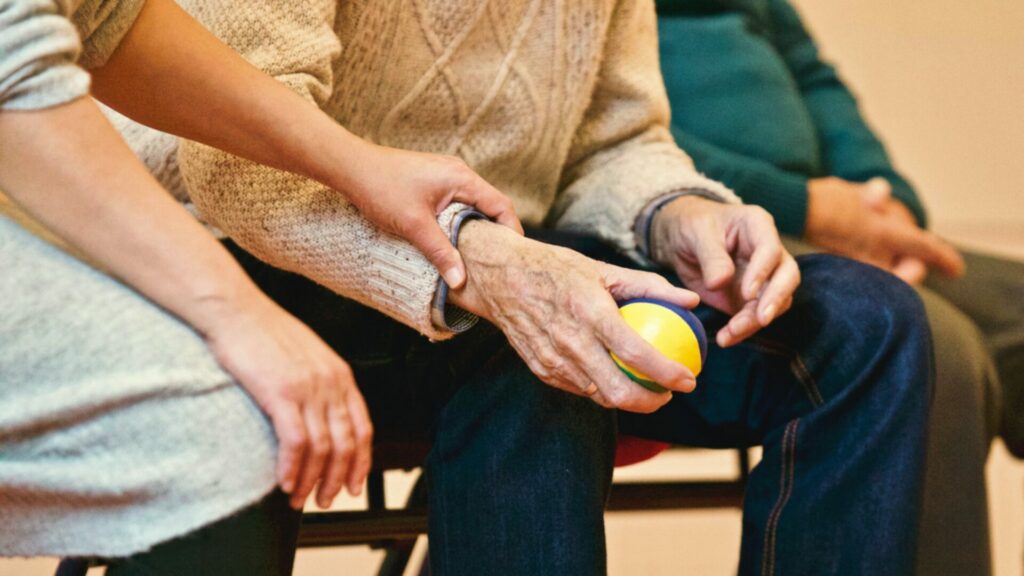In a remarkable ruling, Belgium's Constitutional Court has declared the country's euthanasia law to be unconstitutional and will therefore need to be modified.
The ruling does not imply that euthanasia is, or soon will be, illegal in Belgium: rather, it merely notes that key provisions of the law cannot be consistently reconciled with Belgium's Constitution.
In its written judgment, the Court concluded that Article 3 of the current euthanasia law implies that violation of the so-called 'procedural' conditions for legally ending someone's life is punishable by the same standards as the violation of so-called 'fundamental' conditions.
This, the Court argued, is both intuitively unreasonable — given that it implies that a doctor who violated a minor procedural condition while administering euthanasia would be technically guilty of murder — but it is also unconstitutional, insofar as it violates the principles of equality and non-discrimination enshrined by Articles 10 and 11 of the Belgian Constitution.
A historic ruling
The Court's ruling follows that of a controversial recent legal case in the city of Dendermonde in East Flanders, in which several doctors were acquitted of the murder of Tine Nys, a 38-year-old patient who claimed to be experiencing "unbearable psychological suffering."
The doctors' defence counsel successfully argued that was unjustifiable to accuse the doctors administering Nys' euthanasia of murder when they had only violated a procedural condition.
Related News
Belgium legalised euthanasia in 2002, becoming only the second country in the world to do so after the Netherlands. Since then, only a handful of other countries, including Luxembourg, South Korea, and Canada, have passed legislation decriminalising 'active' physician-assisted dying. Passive euthanasia remains a more widely tolerated practice.
Euthanasia remains a highly controversial topic in many parts of the world, with the Pope counting himself among its more notable critics.
Still, many in Belgium believe that the country's current euthanasia law is not permissive enough, given that, among other things, it presents enormous legal barriers towards providing physician-assisted dying for those suffering from dementia.

